Bangladesh has again asked India to extradite former Prime Minister Sheikh Hasina, who was recently sentenced to death in absentia over last year's deadly crackdown against a student-led uprising. Touhid Hossain, who holds the foreign affairs portfolio in Bangladesh's interim administration, on Sunday said Dhaka had sent a letter two days ago, urging New Delhi to hand over the fugitive ex-leader.
According to Hossain, the letter was sent to India's Ministry of External Affairs, reiterating Bangladesh's request to extradite Hasina, who has been in hiding in India since her autocratic rule was overthrown in a mass uprising in August 2024. The uprising resulted in the deaths of over 1,400 people, and Hasina was subsequently charged with crimes against humanity.
The death sentence against Hasina was handed down by a special tribunal in Bangladesh on November 15, 2025, sparking widespread protests and condemnation from her supporters. Hasina, 78, has been a fugitive since her ouster, and her whereabouts in India remain unknown.
Bangladesh's interim administration has maintained that Hasina's extradition is necessary to bring her to justice for her alleged crimes. "We have sent a formal request to India to extradite Sheikh Hasina, and we hope that they will respond positively," Hossain said in a statement.
The extradition request is not the first time Bangladesh has asked India to hand over Hasina. In the past, India has refused to extradite her, citing concerns over her safety and the potential for political instability in Bangladesh. However, the latest request comes at a time when India is under pressure from the international community to take a more robust stance on human rights in Bangladesh.
The student-led uprising that led to Hasina's ouster was sparked by widespread protests against her government's handling of the economy, corruption, and human rights abuses. The uprising was marked by violent clashes between protesters and security forces, resulting in the deaths of hundreds of people.
The implications of Hasina's extradition, if it were to happen, would be significant for both Bangladesh and India. For Bangladesh, it would be a major victory for the interim administration, which has promised to bring those responsible for the crackdown to justice. For India, it would be a test of its commitment to human rights and its relationship with Bangladesh, which has been strained in recent years.
The current status of Hasina's extradition request remains unclear, with Indian officials refusing to comment on the matter. However, the request has sparked a renewed debate in India about its relationship with Bangladesh and its obligations to human rights in the region.
In a statement, the Indian Ministry of External Affairs said that it was "aware of the request" but declined to comment further. The Bangladesh government has vowed to continue pressing for Hasina's extradition, and the case is likely to remain a major point of contention between the two countries in the coming weeks and months.
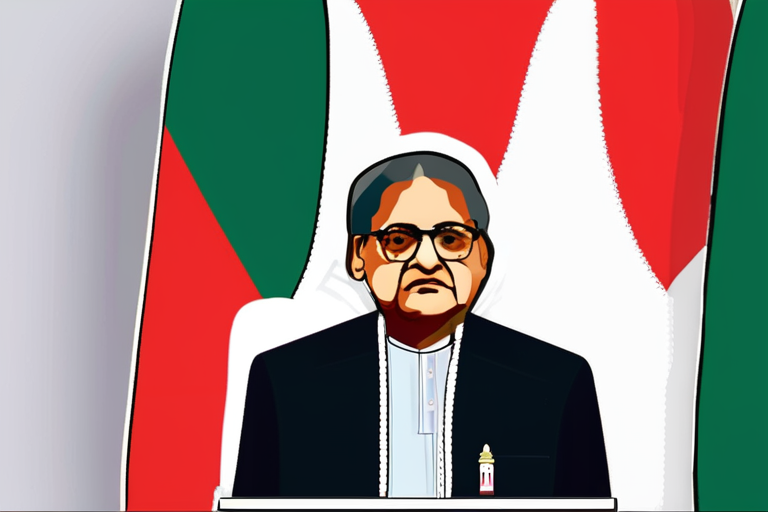


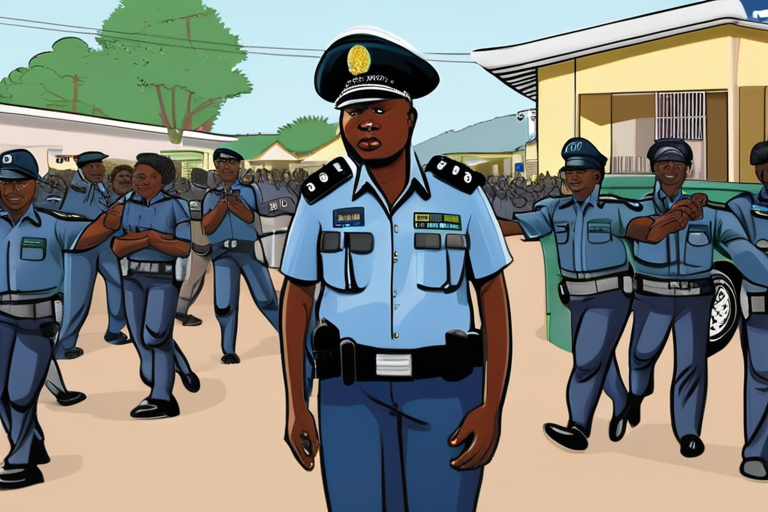
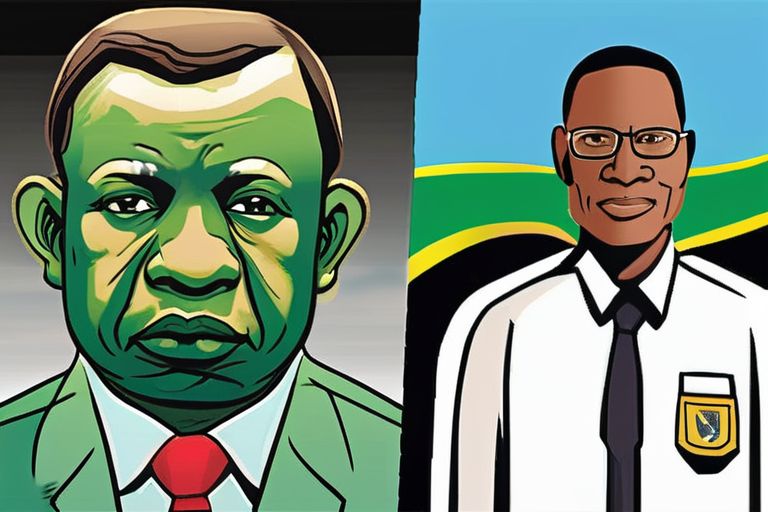
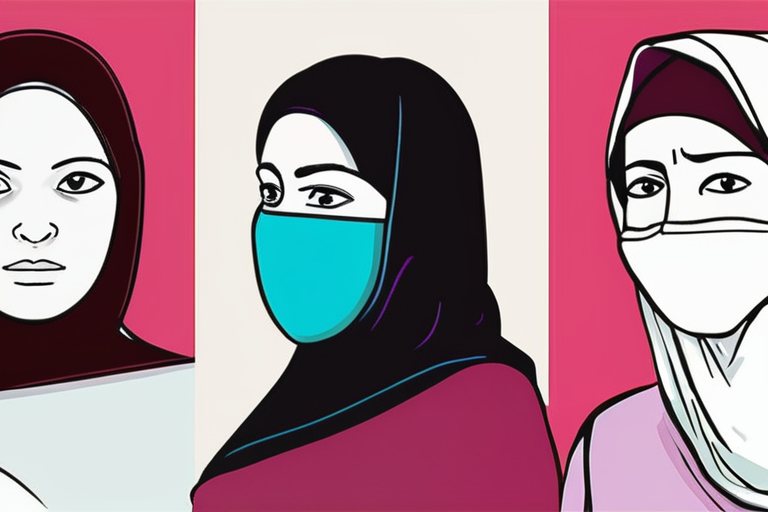
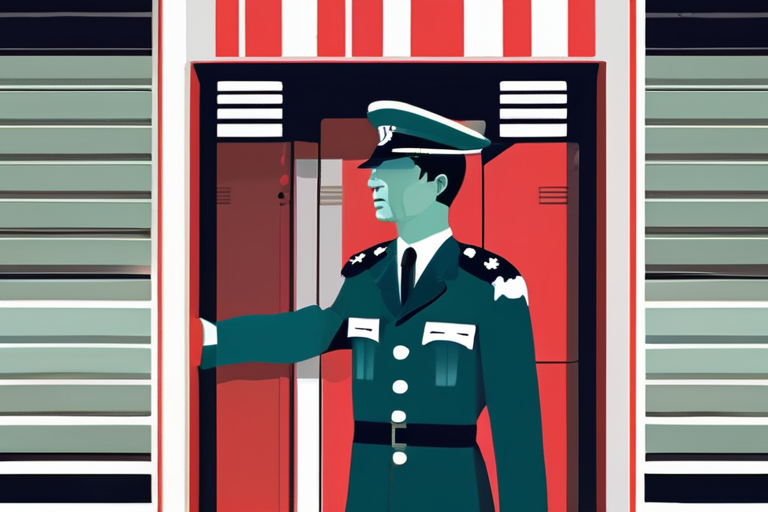
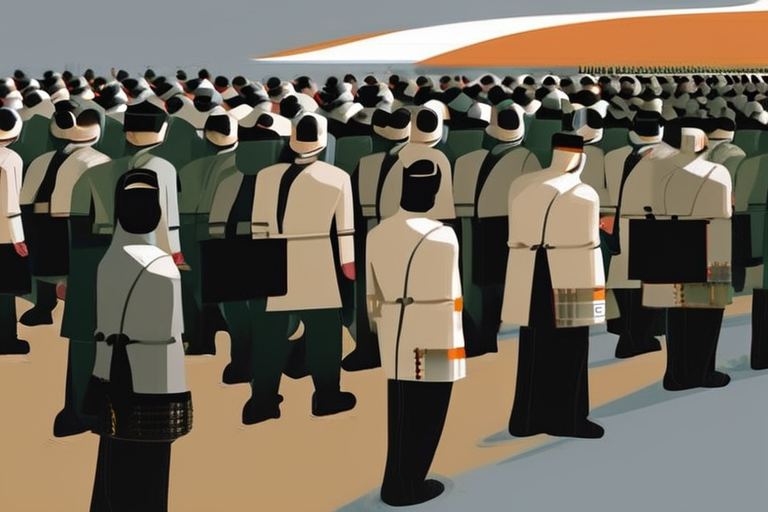
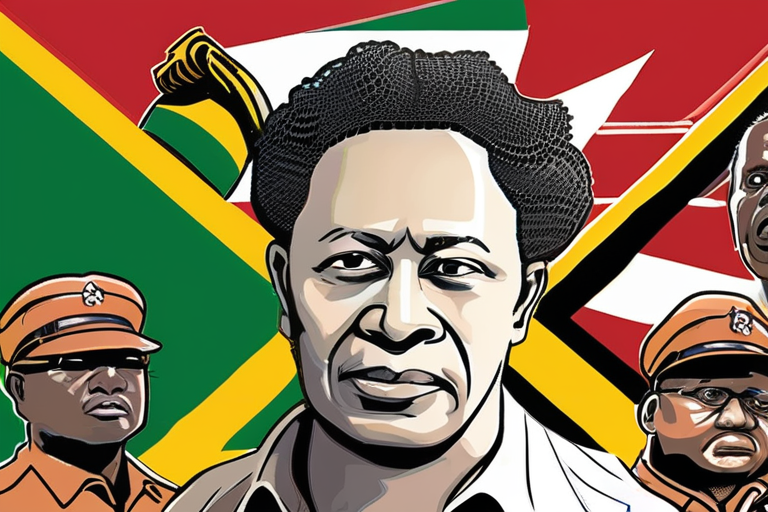

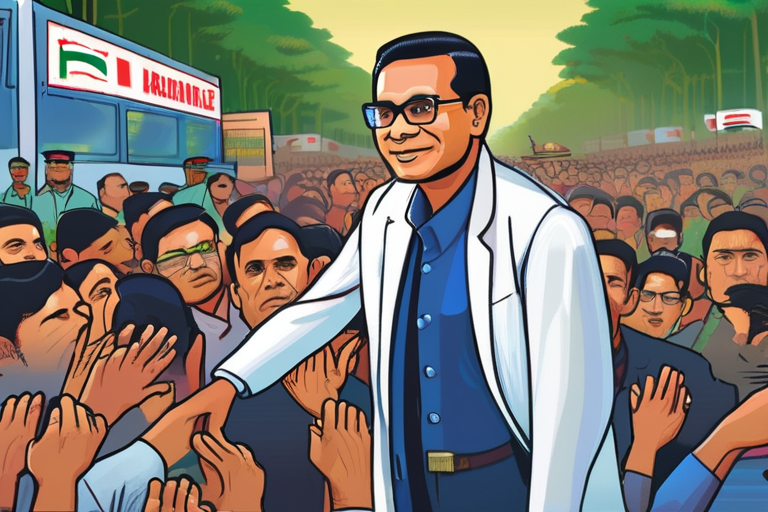
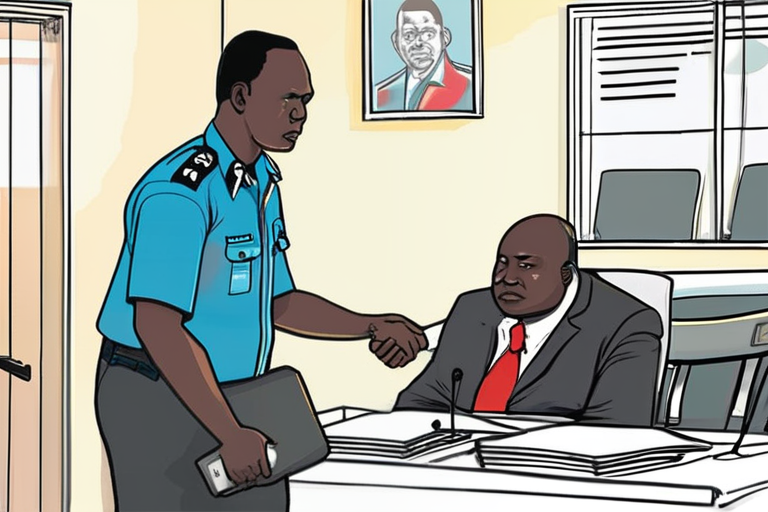
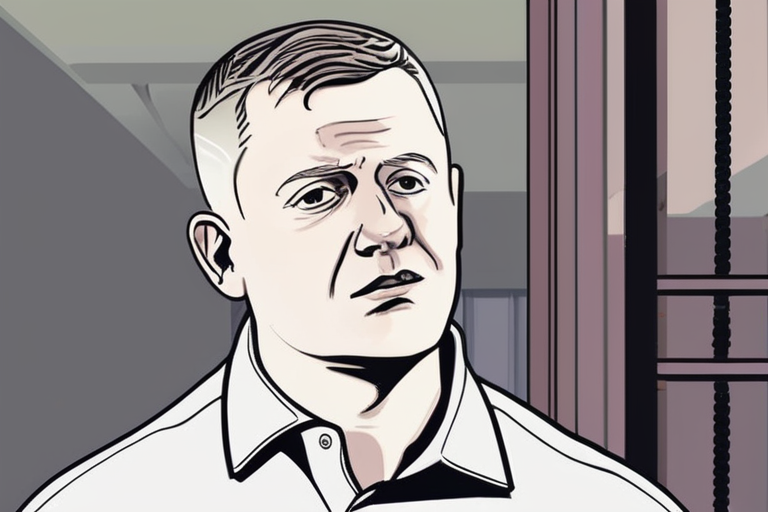
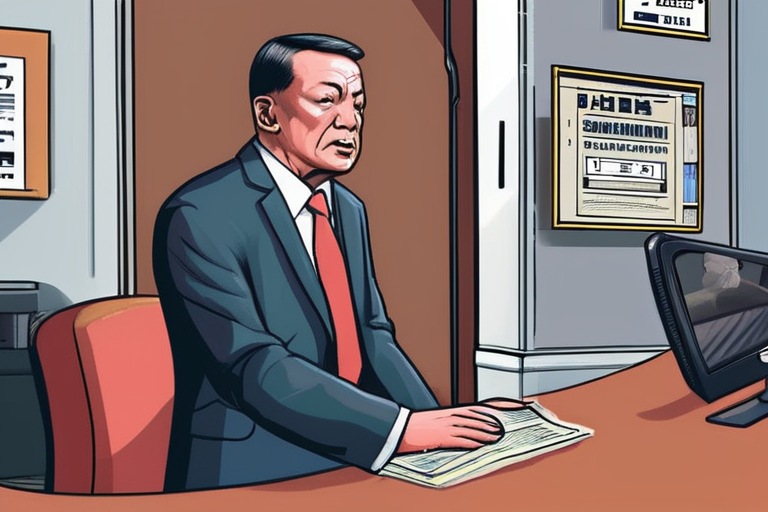
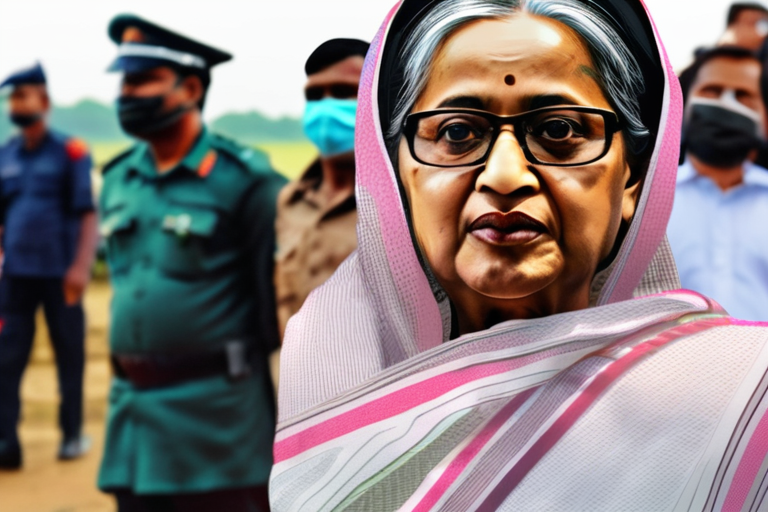
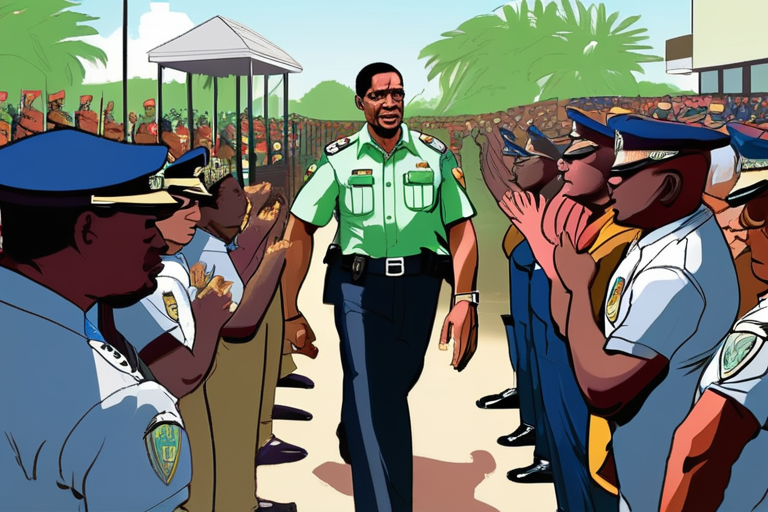
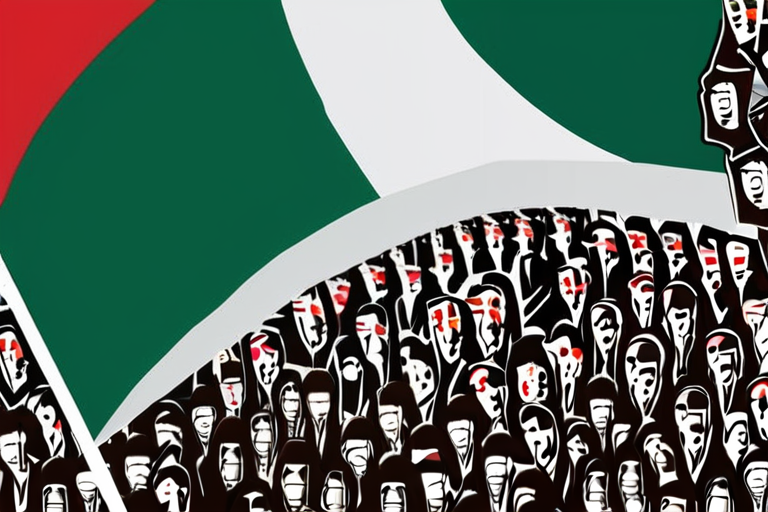
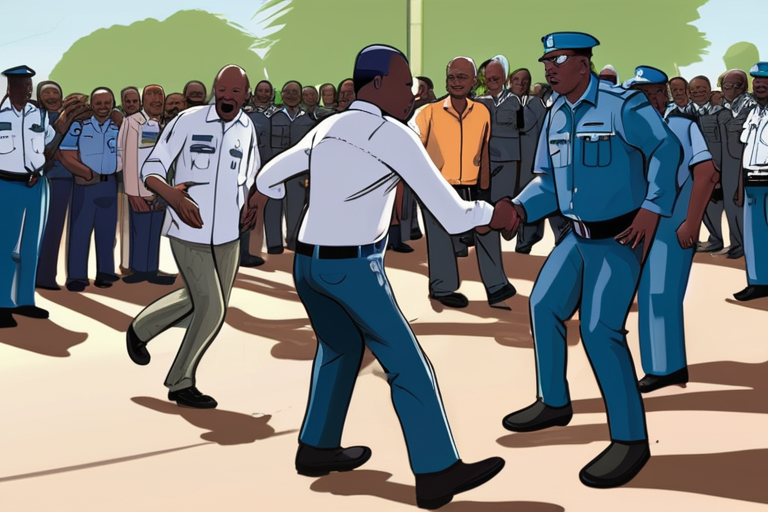
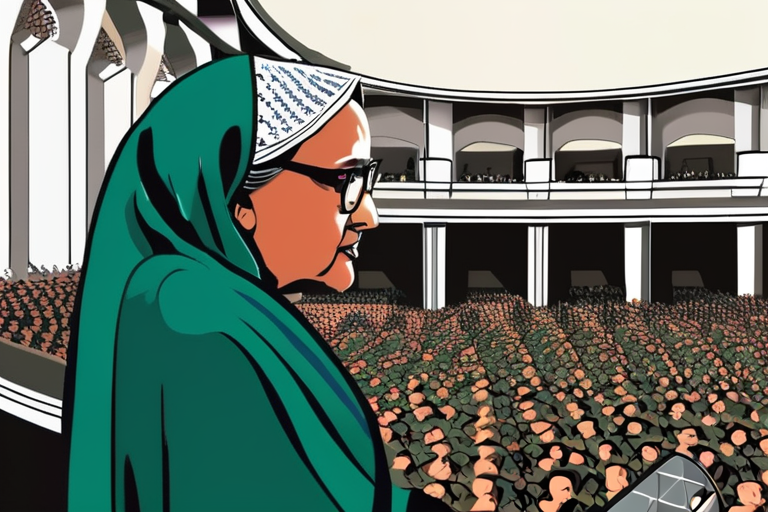
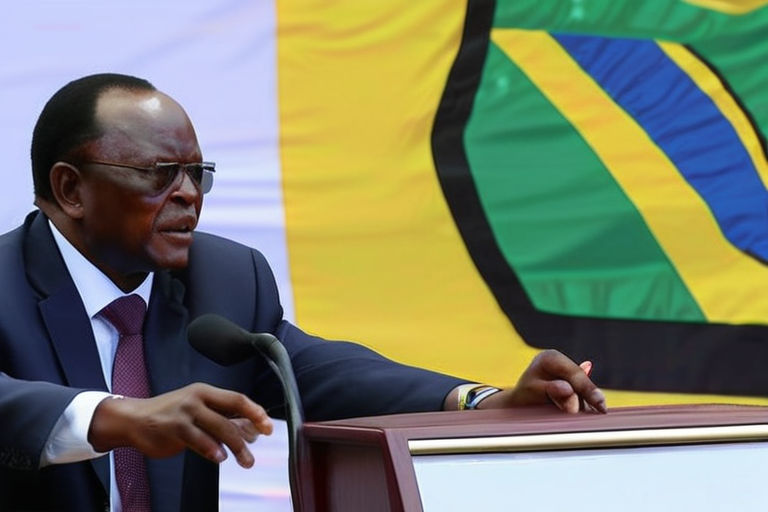
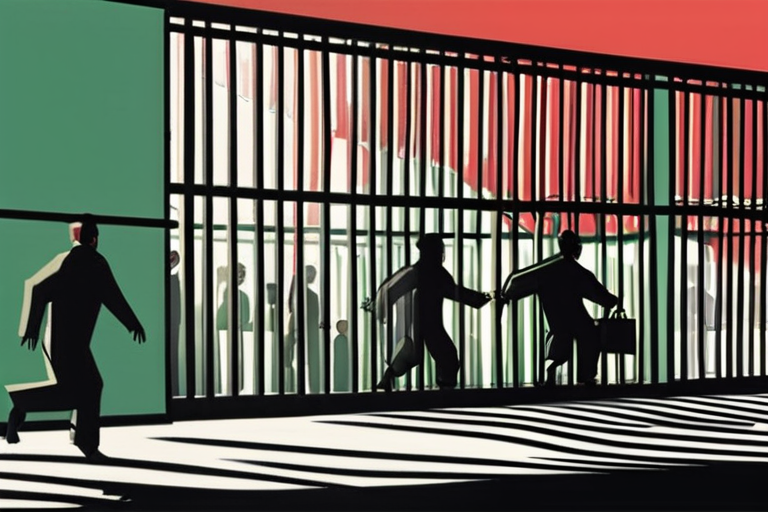


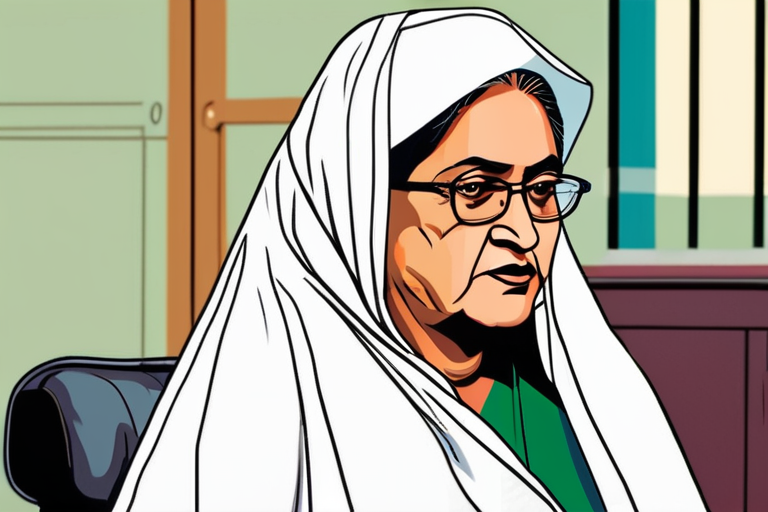
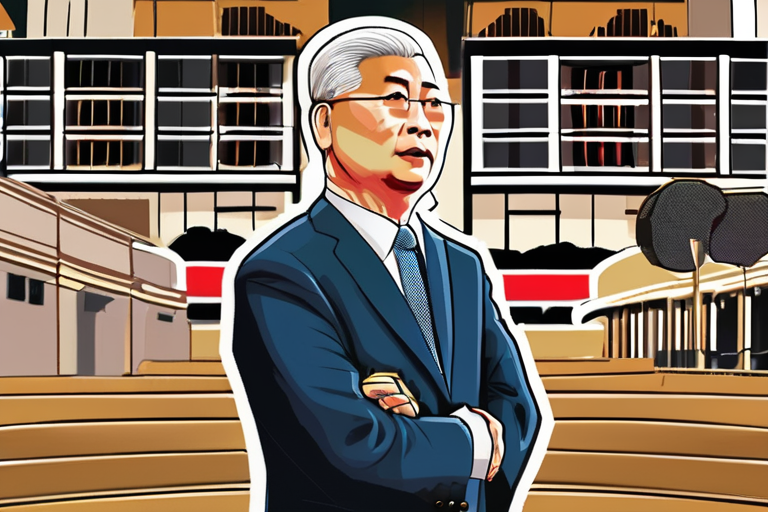
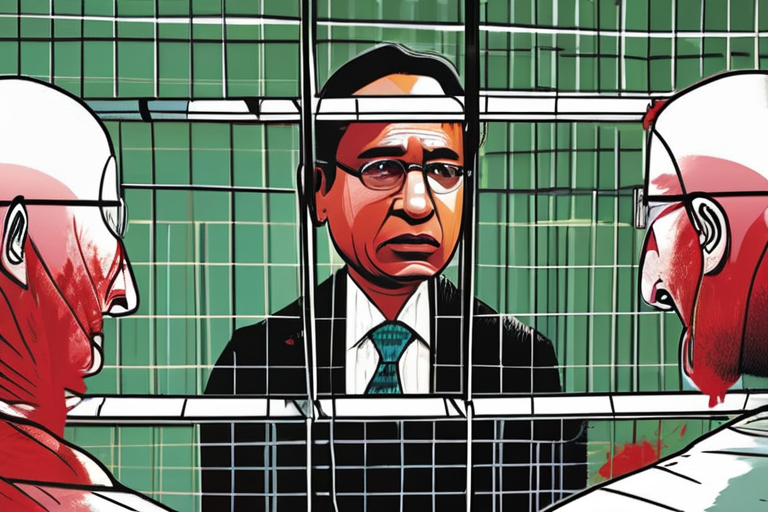
Share & Engage Share
Share this article